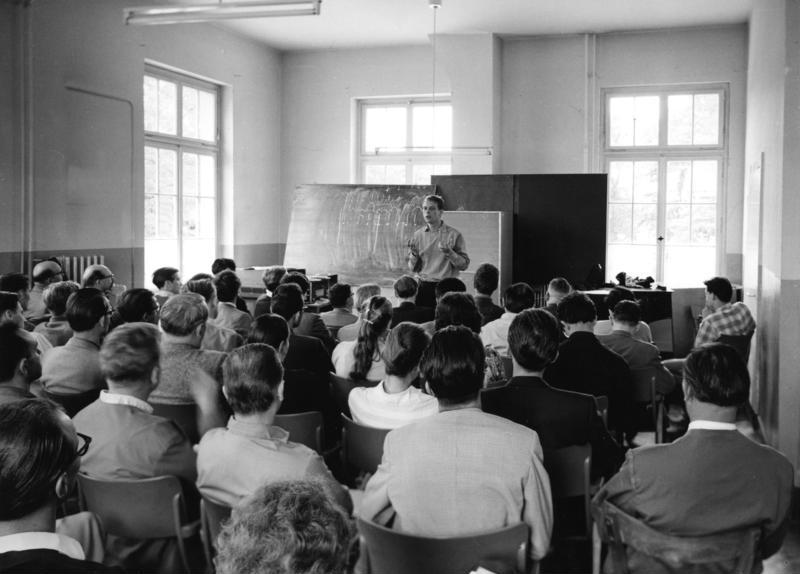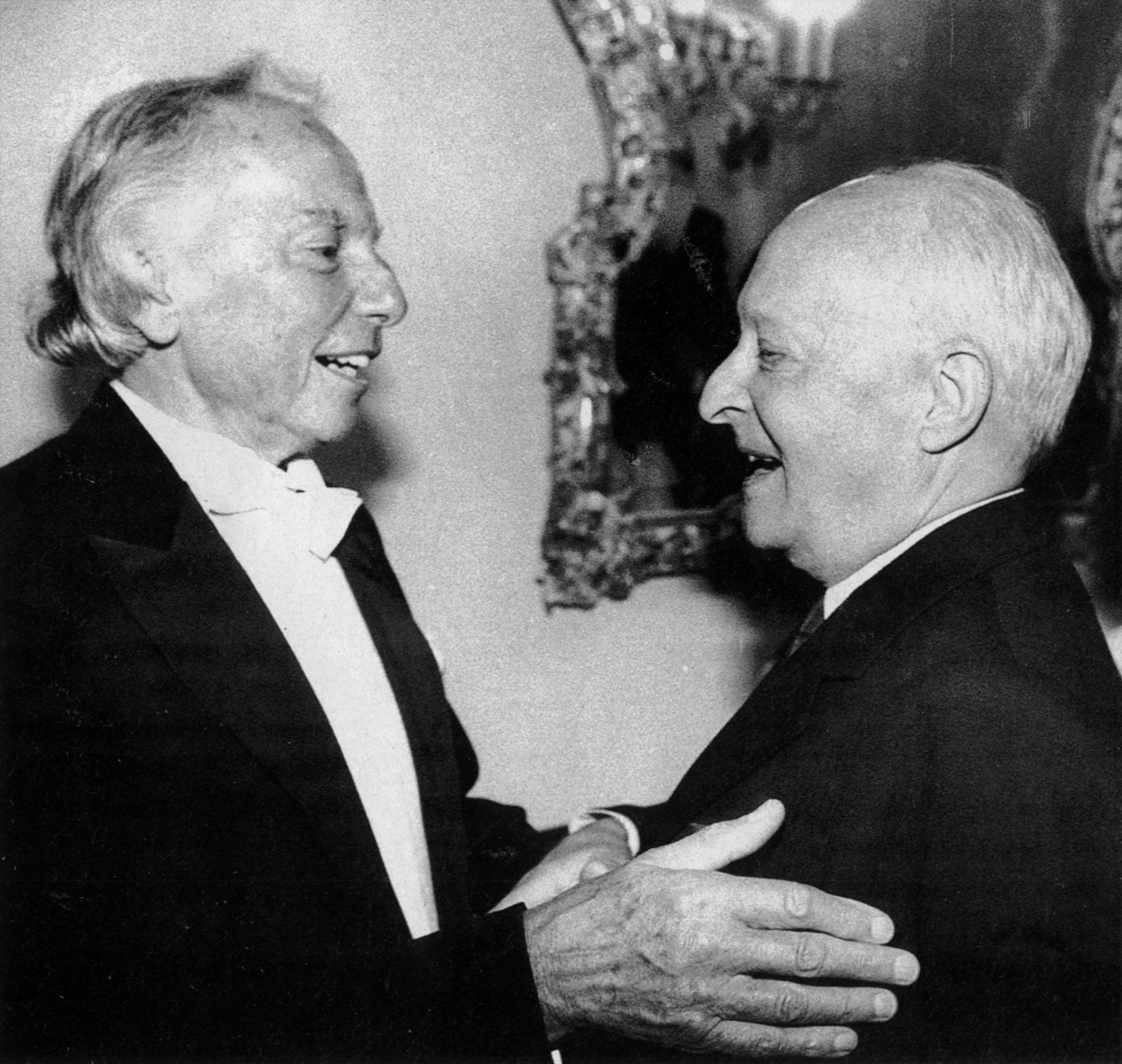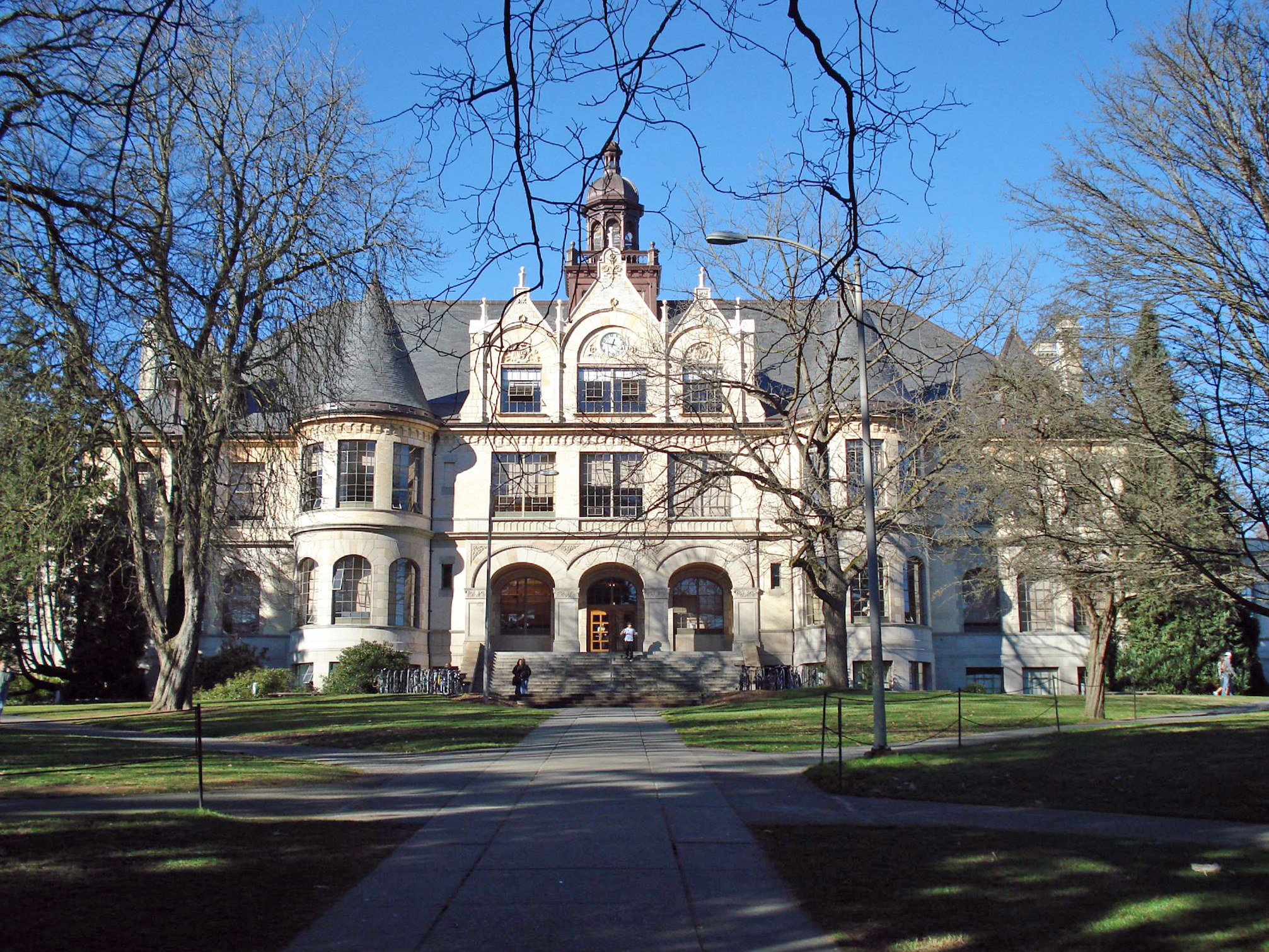|
Aleatory
Aleatoricism or aleatorism, the noun associated with the adjectival aleatory and aleatoric, is a term popularised by the musical composer Pierre Boulez, but also Witold Lutosławski and Franco Evangelisti, for compositions resulting from "actions made by chance", with its etymology deriving from ''alea'', Latin for "dice". It now applies more broadly to art created as a result of such a chance-determined process. The term was first used "in the context of electro-acoustics and information theory" to describe "a course of sound events that is determined in its framework and flexible in detail", by Belgian-German physicist, acoustician, and information theorist Werner Meyer-Eppler.Werner Meyer-Eppler (1955) "Statistische und psychologische Klangprobleme," Elektronische Musik, ''Die Reihe'' I (Herbert Eimert, ed.) Vienna, p. 22. English translation: Werner Meyer-Eppler (1957) "Statistic and Psychologic Problems of Sound" (Alexander Goehr, transl.). Electronic Music, ''Die Reihe'' 1 ... [...More Info...] [...Related Items...] OR: [Wikipedia] [Google] [Baidu] |
Aleatoric Music
Aleatoric music (also aleatory music or chance music; from the Latin word ''alea'', meaning "dice") is music in which some element of the composition is left to chance, and/or some primary element of a composed work's realization is left to the determination of its performer(s). The term is most often associated with procedures in which the chance element involves a relatively limited number of possibilities. The term became known to European composers through lectures by acoustician Werner Meyer-Eppler at the Darmstadt International Summer Courses for New Music in the beginning of the 1950s. According to his definition, "a process is said to be aleatoric ... if its course is determined in general but depends on chance in detail". Through a confusion of Meyer-Eppler's German terms ''Aleatorik'' (noun) and ''aleatorisch'' (adjective), his translator created a new English word, "aleatoric" (rather than using the existing English adjective "aleatory"), which quickly became fashio ... [...More Info...] [...Related Items...] OR: [Wikipedia] [Google] [Baidu] |
20th-century Classical Music
20th-century classical music describes art music that was written nominally from 1901 to 2000, inclusive. Musical style diverged during the 20th century as it never had previously. So this century was without a dominant style. Modernism, impressionism, and post-romanticism can all be traced to the decades before the turn of the 20th century, but can be included because they evolved beyond the musical boundaries of the 19th-century styles that were part of the earlier common practice period. Neoclassicism and expressionism came mostly after 1900. Minimalism started much later in the century and can be seen as a change from the modern to post-modern era, although some date post-modernism from as early as about 1930. Aleatory, atonality, serialism, ''musique concrète'', electronic music, and concept music were all developed during the century. Jazz and ethnic folk music became important influences on many composers during this century. History At the turn of the century, mus ... [...More Info...] [...Related Items...] OR: [Wikipedia] [Google] [Baidu] |
Indeterminacy (music)
Indeterminacy is a composing approach in which some aspects of a musical work are left open to chance or to the interpreter's free choice. John Cage, a pioneer of indeterminacy, defined it as "the ability of a piece to be performed in substantially different ways". The earliest significant use of music indeterminacy features is found in many of the compositions of American composer Charles Ives in the early 20th century. Henry Cowell adopted Ives's ideas during the 1930s, in works allowing players to arrange the fragments of music in a number of different possible sequences. Beginning in the early 1950s, the term came to refer to the (mostly American) movement which grew up around Cage. This group included the other members of the New York School. In Europe, following the introduction of the expression "aleatory music" by Werner Meyer-Eppler, the French composer Pierre Boulez was largely responsible for popularizing the term. Definition Describing indeterminacy, composer John Ca ... [...More Info...] [...Related Items...] OR: [Wikipedia] [Google] [Baidu] |
Witold Lutosławski
Witold Roman Lutosławski (; 25 January 1913 – 7 February 1994) was a Polish composer and conductor. Among the major composers of 20th-century classical music, he is "generally regarded as the most significant Polish composer since Szymanowski, and possibly the greatest Polish composer since Chopin". His compositions—of which he was a notable conductor—include representatives of most traditional genres, aside from opera: symphonies, concertos, orchestral song cycles, other orchestral works, and chamber works. Among his best known works are his four symphonies, the Variations on a Theme by Paganini (1941), the Concerto for Orchestra (1954), and his cello concerto (1970). During his youth, Lutosławski studied piano and composition in Warsaw. His early works were influenced by Polish folk music and demonstrated a wide range of rich atmospheric textures. His folk-inspired music includes the Concerto for Orchestra (1954)—which first brought him international ren ... [...More Info...] [...Related Items...] OR: [Wikipedia] [Google] [Baidu] |
Randomness
In common usage, randomness is the apparent or actual lack of pattern or predictability in events. A random sequence of events, symbols or steps often has no order and does not follow an intelligible pattern or combination. Individual random events are, by definition, unpredictable, but if the probability distribution is known, the frequency of different outcomes over repeated events (or "trials") is predictable.Strictly speaking, the frequency of an outcome will converge almost surely to a predictable value as the number of trials becomes arbitrarily large. Non-convergence or convergence to a different value is possible, but has probability zero. For example, when throwing two dice, the outcome of any particular roll is unpredictable, but a sum of 7 will tend to occur twice as often as 4. In this view, randomness is not haphazardness; it is a measure of uncertainty of an outcome. Randomness applies to concepts of chance, probability, and information entropy. The fields o ... [...More Info...] [...Related Items...] OR: [Wikipedia] [Google] [Baidu] |
21st-century Classical Music
21st-century classical music is Western art music in the contemporary classical tradition that has been produced since the year 2000. A loose and ongoing period, 21st-century classical music is defined entirely by the calendar and does not refer to a musical style in the sense of Baroque or Romantic music. Many elements of the previous century have been retained, including postmodernism, polystylism, and eclecticism, which seek to incorporate elements of all styles of music irrespective of whether these are "classical" or not—these efforts represent a slackening differentiation between the various musical genres. Important influences include rock, pop, jazz, and the dance traditions associated with these. The combination of classical music and multimedia is another notable practice in the 21st century; the Internet, alongside its related technology, are important resources in this respect. Attitudes towards female composers are also changing. Overview During the 20th ... [...More Info...] [...Related Items...] OR: [Wikipedia] [Google] [Baidu] |
Mark Snow
Mark Snow (born Martin Fulterman; August 26, 1946) is an American composer for film and television. Among his most famous compositions is the theme music for science fiction television series ''The X-Files''. The theme reached no. 2 on the UK Singles Chart. Snow also wrote the music for another Chris Carter series, ''Millennium A millennium (plural millennia or millenniums) is a period of one thousand years, sometimes called a kiloannus, kiloannum (ka), or kiloyear (ky). Normally, the word is used specifically for periods of a thousand years that begin at the starting ...'', and the background music scores for both shows, a total of 12 seasons. Works Television series Television films Theatrical films Video games Notes References External links * GSA MusicAgency representation with Randall D. Larson, ''Soundtrax'': Episode 2008-11, 23 May 2008 {{DEFAULTSORT:Snow, Mark 1946 births Ambient musicians American film score composers American television compo ... [...More Info...] [...Related Items...] OR: [Wikipedia] [Google] [Baidu] |
John Williams
John Towner Williams (born February 8, 1932)Nylund, Rob (15 November 2022)Classic Connection review '' WBOI'' ("For the second time this year, the Fort Wayne Philharmonic honored American composer, conductor, and arranger John Williams, who was born on February 8, 1932.")(23 April 2022)From Jaws to Star Wars, Edmonton Symphony Orchestra celebrates John Williams CTV News is an American composer, conductor and pianist. In a career that has spanned seven decades, he has composed some of the most popular, recognizable and critically acclaimed film scores in cinematic history. Williams has won 25 Grammy Awards, seven British Academy Film Awards, five Academy Awards and four Golden Globe Awards. With 52 Academy Award nominations, he is the second most-nominated individual, after Walt Disney. His compositions are considered the epitome of film music and he is considered among the greatest composers in the history of cinema. Williams has composed for many critically acclaimed and pop ... [...More Info...] [...Related Items...] OR: [Wikipedia] [Google] [Baidu] |
Jerome Kohl
Jerome Joseph Kohl (November 27, 1946 – August 4, 2020) was an American musicologist, academic journal editor, and recorder teacher. A music theorist at the University of Washington, he became recognized internationally as an authority on the music of Karlheinz Stockhausen. Kohl was also a contributor at Wikipedia (a "Wikipedian"). Life and work Kohl grew up in Lincoln, Nebraska, with three siblings. During high school and college, he played the clarinet in the local symphony orchestra. He received his undergraduate, and in 1971, his master's degree in music from the University of Nebraska. Drafted into the army, he played in an army band during the Vietnam War. Afterwards, he started his doctoral studies in music theory at the University of Washington in Seattle. In the 1970s, Kohl joined the Seattle Recorder Society, attending and running classes at their meetings, as well as teaching privately. In 1976, Kohl co-founded and became the board president of the Early Music Guil ... [...More Info...] [...Related Items...] OR: [Wikipedia] [Google] [Baidu] |
Gesang Der Jünglinge
''Gesang der Jünglinge'' (literally "Song of the Youths") is an electronic music work by Karlheinz Stockhausen. It was realized in 1955–56 at the Westdeutscher Rundfunk studio in Cologne and is Work Number 8 in the composer's catalog. The vocal parts were supplied by 12-year-old Josef Protschka. It is exactly 13 minutes, 14 seconds long. The work, routinely described as "the first masterpiece of electronic music" and "an opus, in the most emphatic sense of the term", is significant in that it seamlessly integrates electronic sounds with the human voice by means of matching voice resonances with pitch and creating sounds of phonemes electronically. In this way, for the first time ever it successfully brought together the two opposing worlds of the purely electronically generated German ''elektronische Musik'' and the French ''musique concrète'', which transforms recordings of acoustical events. ''Gesang der Jünglinge'' is also noted for its early use of spatiality; it was ... [...More Info...] [...Related Items...] OR: [Wikipedia] [Google] [Baidu] |
Richard Toop
Richard Toop (1945 – 19 June 2017) was a British-Australian musicologist. Toop was born in Chichester, England, in 1945. He studied at Hull University, where his teachers included Denis Arnold. In 1973 he became Karlheinz Stockhausen's teaching assistant at the Staatliche Hochschule fur Musik in Cologne. In 1975 he moved to Sydney, Australia, where he was head of musicology at the Sydney Conservatorium (University of Sydney). His publications include a monograph on György Ligeti, and the ''New Grove'' entries on Stockhausen and Brian Ferneyhough. Additionally, as a new music pianist, he gave the first documented solo performance of '' Vexations'' by Erik Satie. Toop died on 19 June 2017 at the age of 71."Richard Toop (1945–2017)" |





